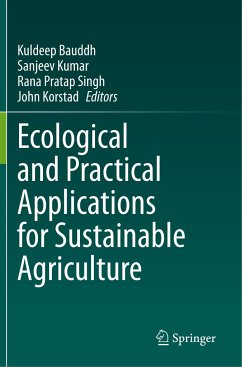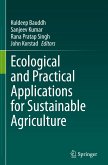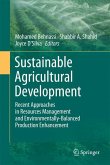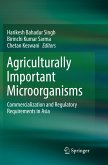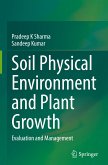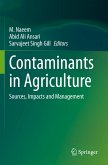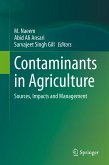Rampant industrialization, urbanization, and population growth have resulted in increased global environmental contamination. The productivity of agricultural soil is drastically deteriorated and requires a high dose of fertilizers to cultivate crops. To ensure food security, farmers are compelled to apply excess chemical fertilizers and insecticides that contaminate soil, air, and water. Heavy loads of chemical fertilizers not only degrade the quality of agricultural land but also pollute water and air. Use of chemical fertilizers also accelerate the release of greenhouse gases like nitrous oxide and methane along with nutrient runoff from the watershed in to lower elevation rivers and lakes, resulting in cultural eutrophication.
Farming practices globally in developed, developing, and under-developing countries should utilize and promote sustainable methods through viable combined environmental, social, and economic means that improve rather than harm future generations. This can include use of non-synthetic fertilizers like compost, vermicompost, slow-release fertilizers, farmyard manures, crop rotations that include nitrogen-fixing legumes. Organic fertilizers like compost and vermicompost improve soil properties like texture, porosity, water-holding capacity, organic matter, as well as nutrient availability.
The purpose of this book is to document the available alternatives of synthetic fertilizers, their mode of action, efficiency, preparation methodology, practical suggestions for sustainable practices, and needed research focus. The book will cover major disciplines like plant science, environmental science, agricultural science, agricultural biotechnology and microbiology, horticulture, soil science, atmospheric science, agro-forestry, agronomy, and ecology. This book is helpful for farmers, scientists, industrialists, research scholars, masters and graduate students, non-governmental organizations, financial advisers, and policymakers.
Farming practices globally in developed, developing, and under-developing countries should utilize and promote sustainable methods through viable combined environmental, social, and economic means that improve rather than harm future generations. This can include use of non-synthetic fertilizers like compost, vermicompost, slow-release fertilizers, farmyard manures, crop rotations that include nitrogen-fixing legumes. Organic fertilizers like compost and vermicompost improve soil properties like texture, porosity, water-holding capacity, organic matter, as well as nutrient availability.
The purpose of this book is to document the available alternatives of synthetic fertilizers, their mode of action, efficiency, preparation methodology, practical suggestions for sustainable practices, and needed research focus. The book will cover major disciplines like plant science, environmental science, agricultural science, agricultural biotechnology and microbiology, horticulture, soil science, atmospheric science, agro-forestry, agronomy, and ecology. This book is helpful for farmers, scientists, industrialists, research scholars, masters and graduate students, non-governmental organizations, financial advisers, and policymakers.

